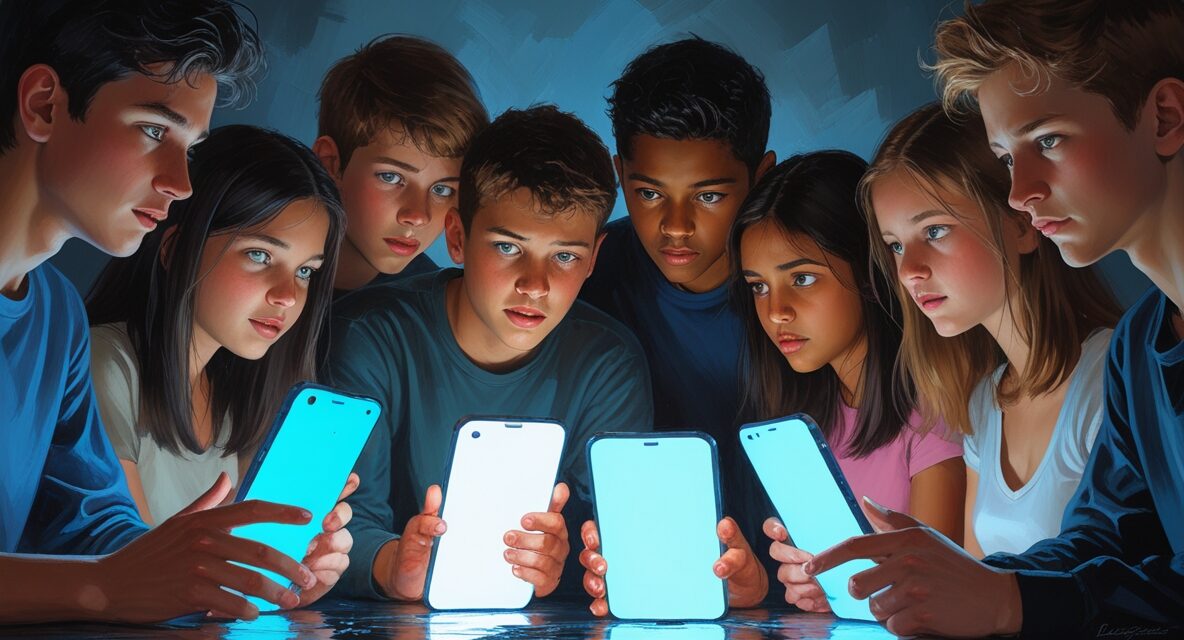When I look around – at airports, cafes, restaurants – I see heads down, screens glowing. Children once captivated by clouds or car windows are now tethered to tablets. And I’m not blaming them. We built this world.
As a cybersecurity founder and a father, I’ve spent years thinking about safety. But “safety” today isn’t just about malicious actors or bad code. It’s about what we allow to happen in plain sight – the slow erosion of imagination, attention, and emotional space, engineered by algorithms that never sleep.
We’ve optimised our digital tools to the point of invisibility. Swipes are smooth. Feeds are endless. Notifications are constant. We’ve engineered out friction – and in the process, we’ve engineered out boredom, whitespace, and even the joy of stillness. That’s not a dramatic statement. It’s a reflection of how today’s design culture works: frictionless = effective. But friction also creates thought. Boredom builds creativity. Boundaries support development. And without them, something essential is lost.
My daughter is growing up in a world that feels different from the one I knew – not because of content, but because of design. When every moment of downtime becomes filled by a feed, we lose something human.
Redesigning the World
It’s not just a childhood issue. Adults are equally affected. We like to think we’re using tech, not being used by it – but our attention is just as fragmented. Presence is rare. Stillness feels foreign. Productivity has been confused with perpetual stimulation.
And that’s where I believe cybersecurity must evolve, too. It’s not only about protecting data. It’s about protecting sovereignty – emotional, psychological, and societal. That’s what we’ve forgotten in the rush to optimise engagement. “Looking up” has become a kind of mantra for me. It means connection. Curiosity. Imagination. It’s what kids used to do when they were bored. It’s what adults do when they pause long enough to think.
I’m not anti-tech. Quite the opposite. I believe in its power to protect, enhance, and elevate human life. But we need to build it differently. Tech should create presence – not erode it.
The good news? This isn’t irreversible. But it does require a cultural reckoning – and a shift in how we define success.
If you’re a designer, ask: Am I building for engagement or for humanity?
If you’re a leader, ask: What kind of digital norms am I reinforcing?
If you’re a parent, ask: What are my children learning from the tools I hand them?
We need to stop celebrating “sticky” and start celebrating still. We need tech that supports the life we actually want to live – not just more content to fill it.
We’re not powerless. We’re just early. The systems we’ve built can be rebuilt. And the shift starts with asking better questions, designing with care, and remembering that some of the best parts of being human happen when we look up.

With over 35 years of experience across cybersecurity, telecoms, and enterprise innovation, Paul has held senior leadership roles at IBM and Cap Gemini and spent two decades building and scaling startups focused on digital resilience and connected infrastructure.
Paul founded BlackDice in 2019 after witnessing the devastating impact of phone addiction and cyberbullying on his teenage son. What began as a father’s search for better protection evolved into a mission: to build smarter, more human-first cybersecurity.






